Fundamentals Of Computer Vision & Image Processing
Build a solid understanding of OpenCV tools used for Image Processing, Computer Vision, and Video Processing, and lay a strong foundation for solving Computer Vision problems.
Course Code
CVIP
Type
Foundational
Available in
Python & C++
Price
$499
Lifetime Access
Official OpenCV Certification
Active Community Support
30-Day Money-Back Guarantee
A glimpse of the topics covered
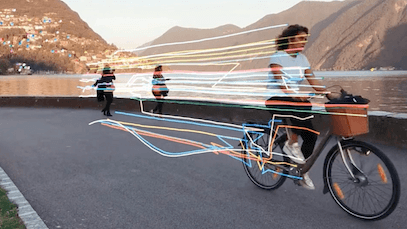
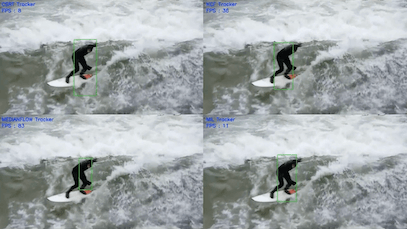
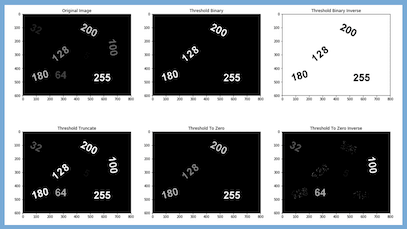
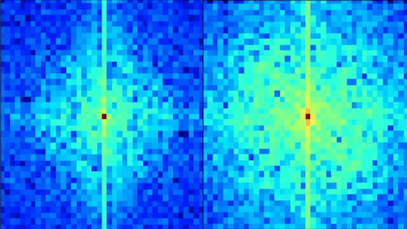
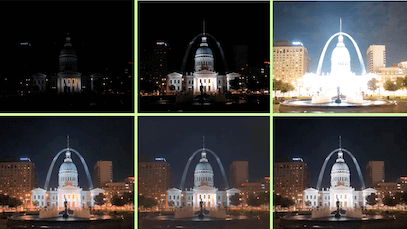
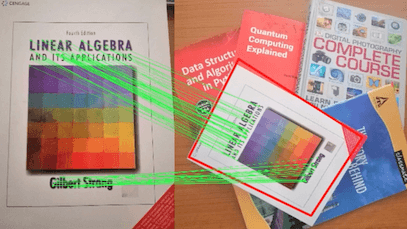
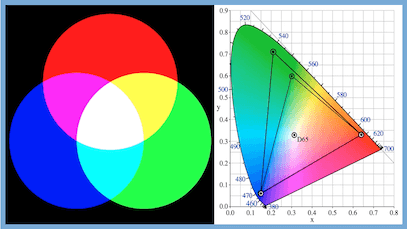
Course Topics
- Introduction to Computer Vision
- Introduction to Digital Images
- Basic Image operations
- Mathematical operations on images
- Video Read-Write using HighGUI
- Using KeyBoard and Mouse as Inputs
- Using Trackbars
- Annotating Images with Text and Boxes
- Image Thresholding
- Morphological Operations like Erosion & Dilation
- Contour Analysis
- Blob Detection
- Color Spaces and Transforms
- Histogram Equalization
- Image filtering & Convolution
- Image Smoothing & Edge Detection
- Hough Transforms for Line and Circle Detection
- High Dynamic Range Imaging
- Seamless Cloning
- Image Inpainting
- Affine Transforms & Homography
- Feature matching using RANSAC
- Finding Objects using Feature Matching
- Application: Image Alignment and Creating Panoramas
- Image Segmentation using GrabCut
- Image Classification using HoG and SVM
- Object Detection using Haar Cascades
- Pedestrian Detection
- Motion Sstimation using Optical Flow
- Video Stabilization
- Object Tracking
- Multi Object Tracking in OpenCV
- Image Classification using Caffe and TensorFlow
- Object Detection with SSD and YOLO
- Face Detection using SSD
- Human Pose Sstimation using OpenPose
- Selfie Application with Instagram Filters
- Object Detection & Tracking Integration
- Document Scanner using Homography
- Implementing Chroma Keying
Tool Kit
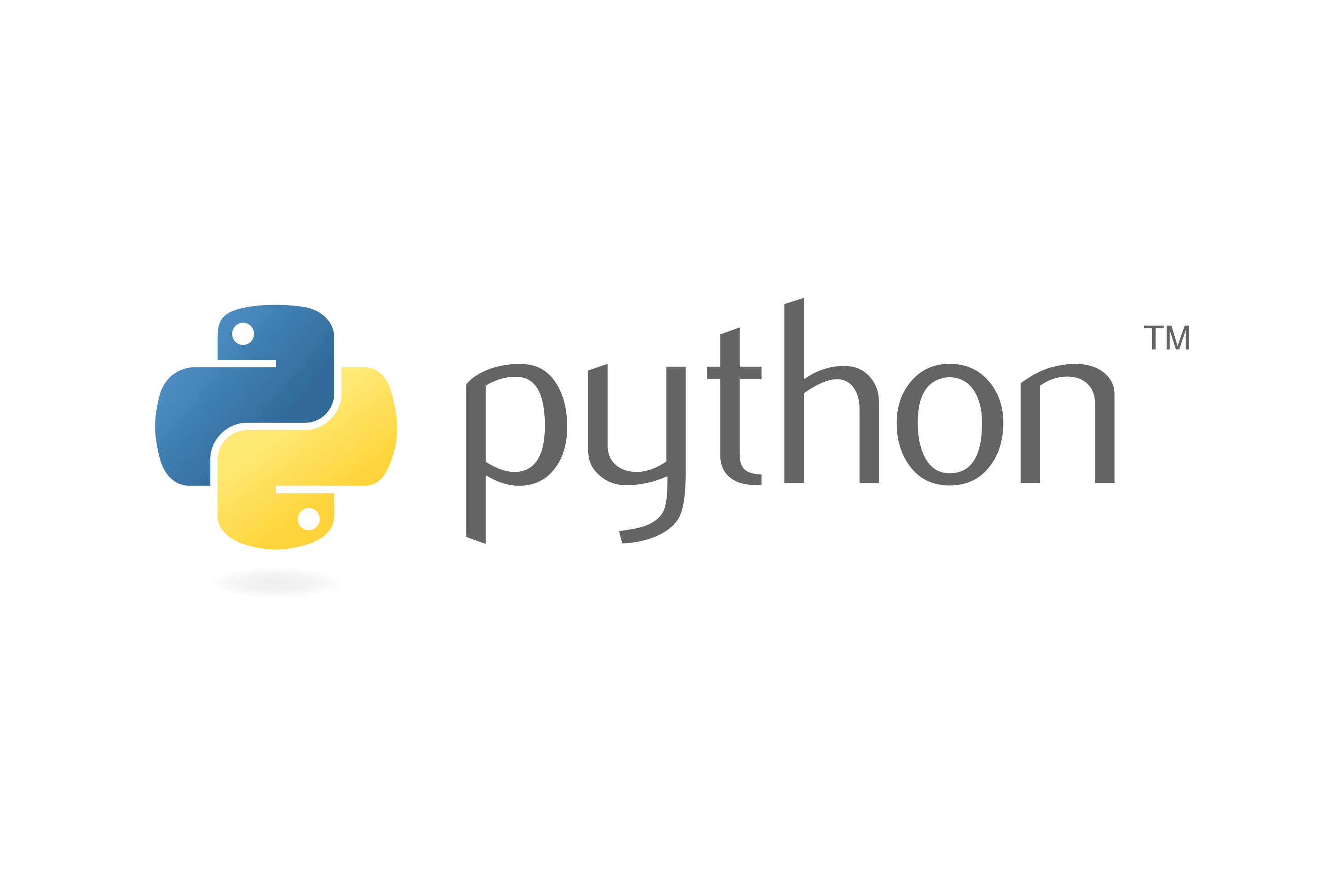
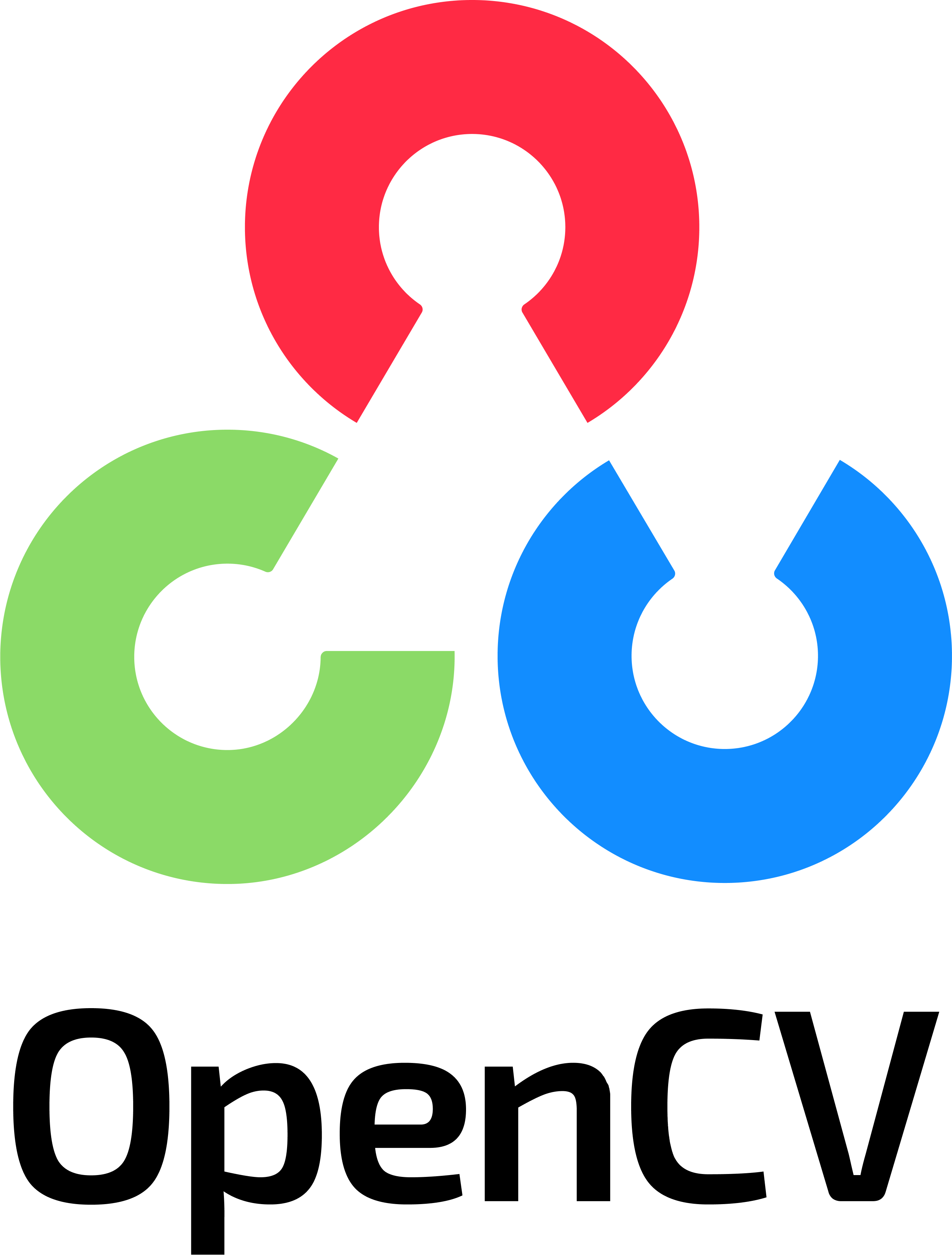

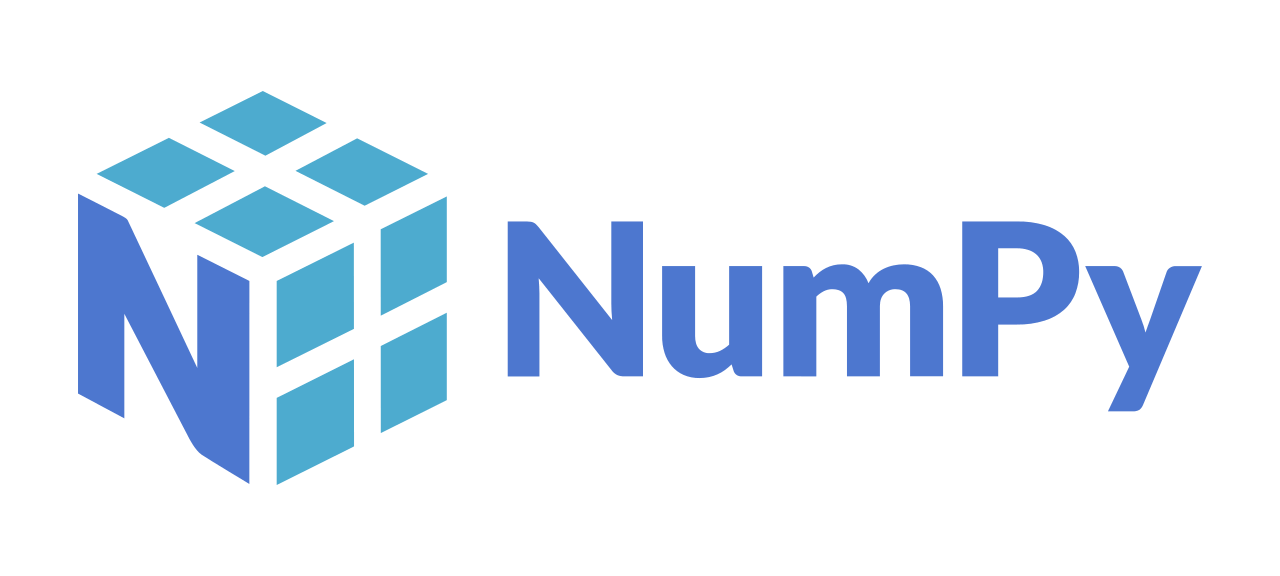
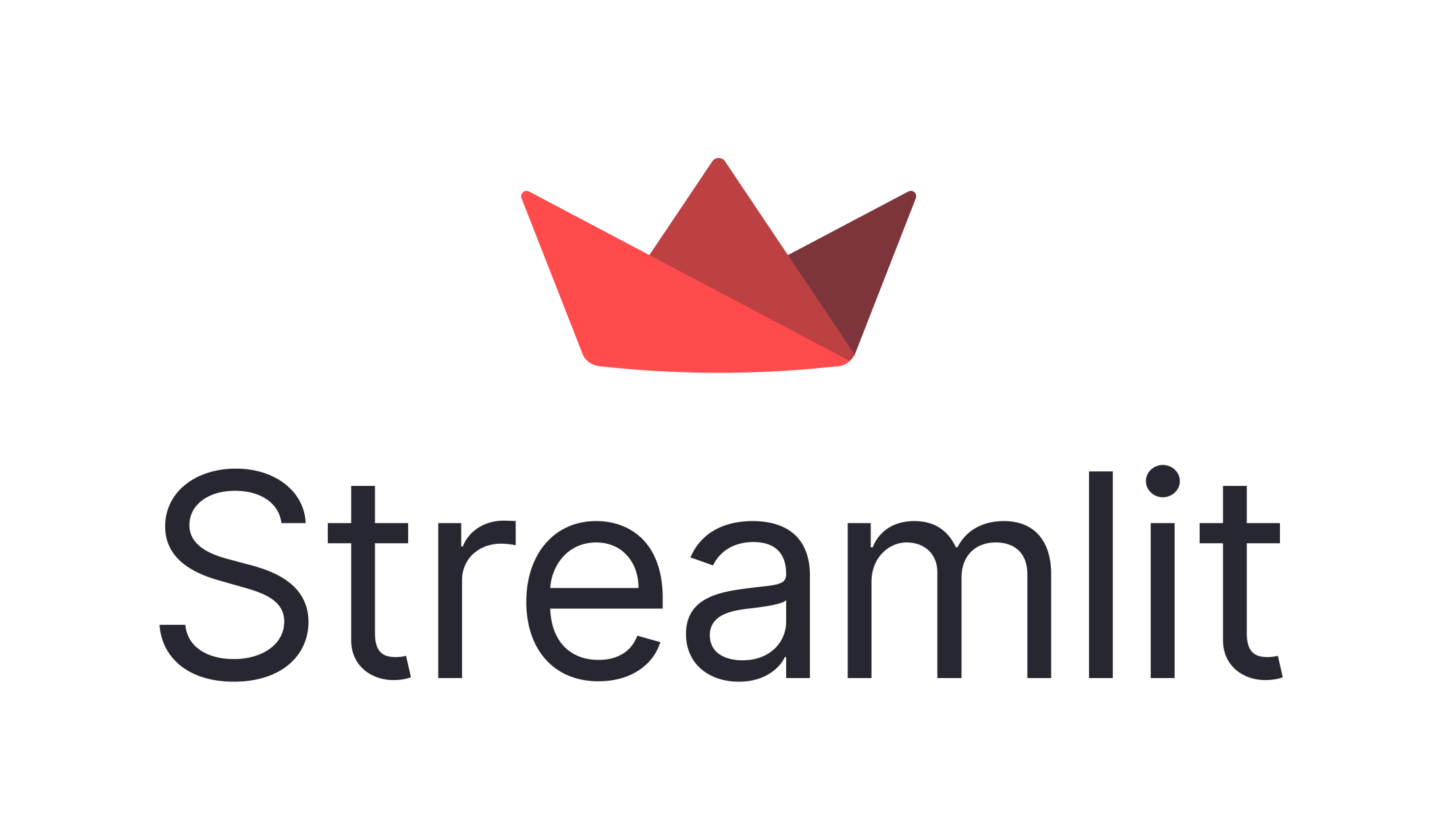
Testimonials








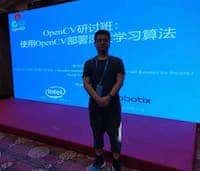

Certificates
To receive a Certificate of Completion from OpenCV.org, you need to complete the graded quizzes + assignments + projects, with more than 50% marks and within 6 months of enrolling in the course.
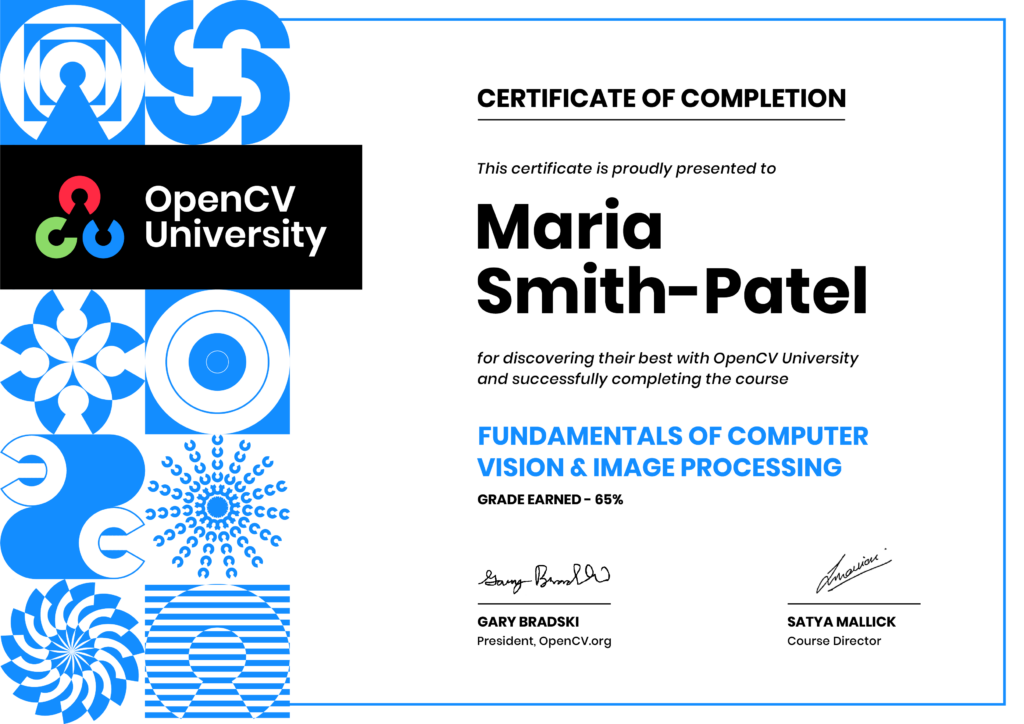
Graduation Certificate
Certificate of Completion
You will receive a Certificate of Excellence if you score more than 70% marks on the graded quizzes + assignments + projects within 6 months of enrolling in the course.
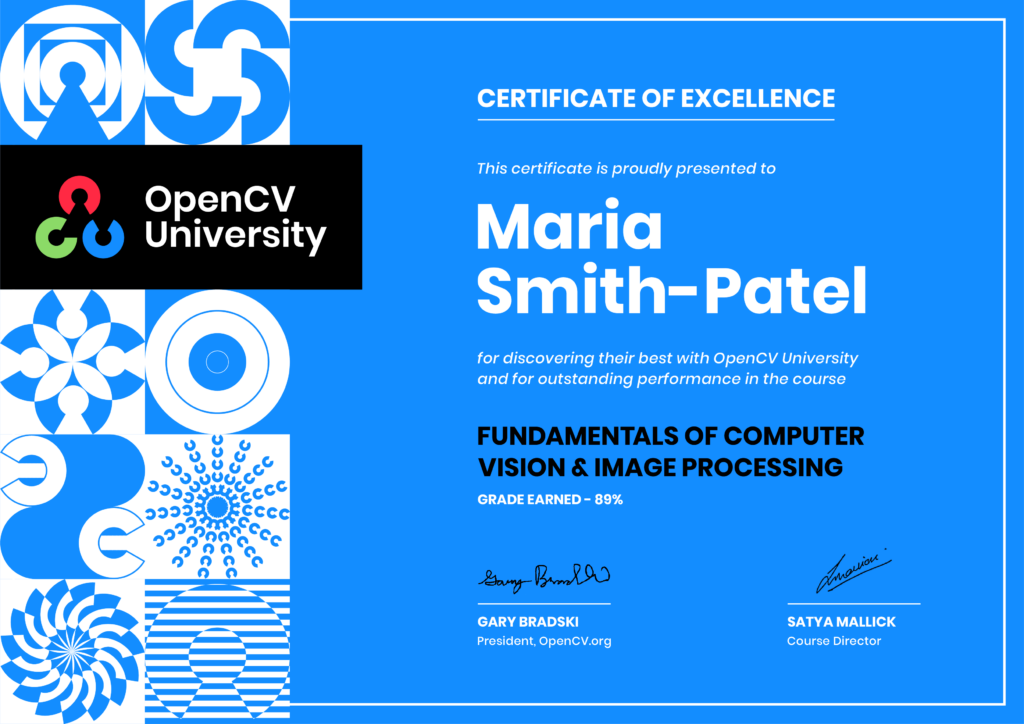
Honor Certificate
Certificate of Excellence
This course is available as part of the following Programs
Course
Mastering OpenCV with
Python (Python) - $149
Fundamentals of Computer
Vision & Image Processing
(Python or C++) - $499
Deep Learning with
PyTorch (Python) - $799
Deep Learning with TensorFlow & Keras (Python) - $799
Computer Vision & Deep Learning Applications (Python) - $499
Mastering Generative AI
for Art (Python) - $159
Standard Retail
100-Day Challenge Pricing
Student Pricing (30% Discount)
Courses Offered
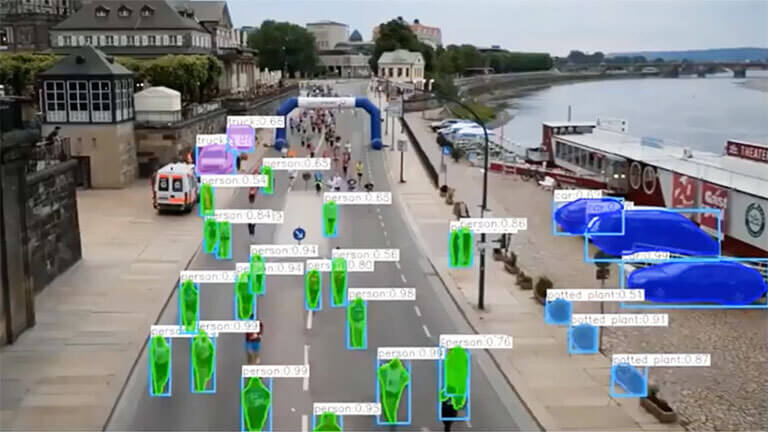
DLPT
Start solving Computer Vision problems using Deep Learning techniques and the PyTorch framework. Dive into the architecture of Neural Networks, and learn how to train and deploy them on the cloud.
Available in Python
|
$799
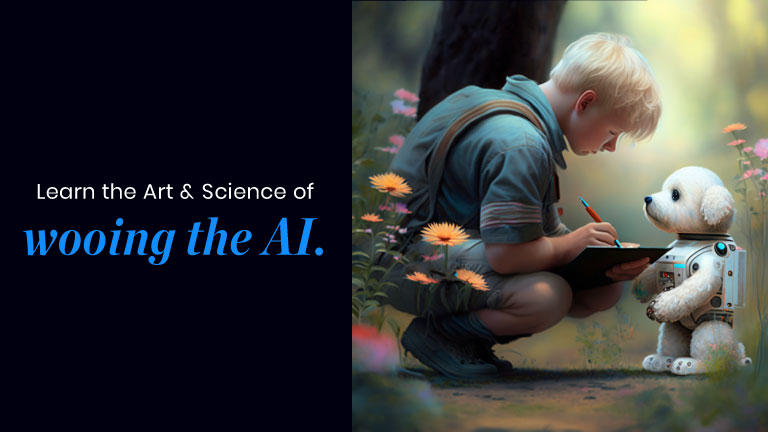
GENAI
Dive deep into Stable Diffusion. Learn all the techniques of generating images, fine-tuning Stable Diffusion on your own images and even training a GPT language model.
Available in Python
|
$159
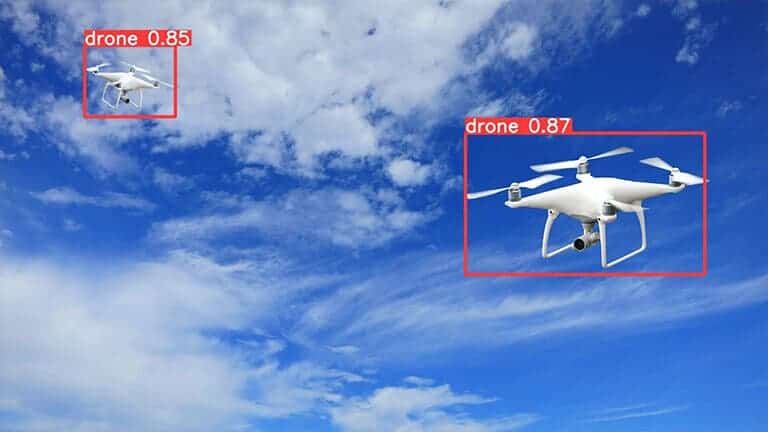
DLAP
Build systems and applications using advanced Computer Vision and Deep Learning techniques, and understand deployment using cloud-based services.
Available in Python
|
$499
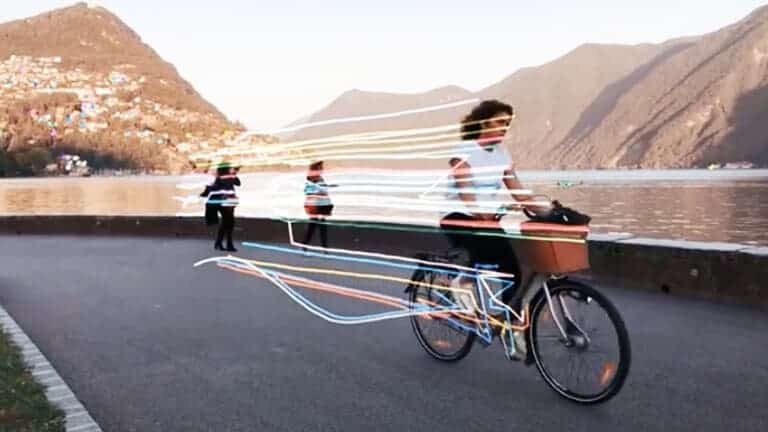
CVIP
Build a solid understanding of OpenCV tools used for Image Processing, Computer Vision, and Video Processing, and lay a strong foundation for solving Computer Vision problems.
Available in Python & C++
|
$499
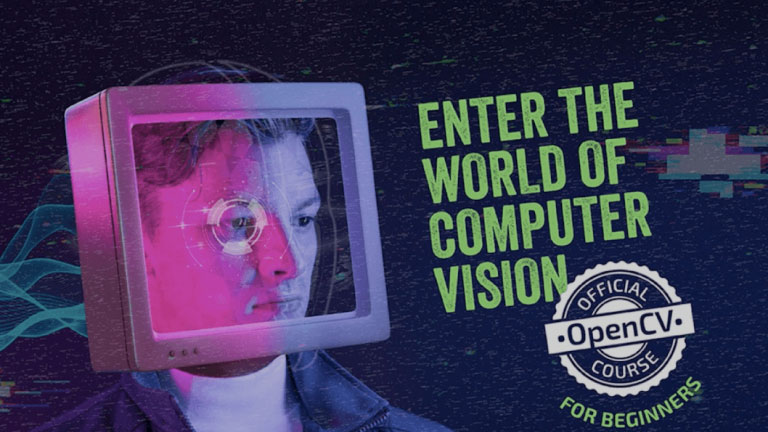
MOCV
Start your AI journey by learning the fundamentals of Image Processing and Computer Vision through 21 modules, video instructions, code explanations, and example applications.
Available in Python
|
$149

DLTK
Gain in-depth knowledge about Neural Networks, prepare datasets and study DeepNet architectures used for solving various Computer Vision problems.
Available in Python
|
$799

CVIP
Build a solid understanding of OpenCV tools used for Image Processing, Computer Vision, and Video Processing, and lay a strong foundation for solving Computer Vision problems.
Available in Python & C++
|
$499

MOCV
Start your AI journey by learning the fundamentals of Image Processing and Computer Vision through 21 modules, video instructions, code explanations, and example applications.
Available in Python
|
$149

DLAP
Build systems and applications using advanced Computer Vision and Deep Learning techniques, and understand deployment using cloud-based services.
Available in Python
|
$499

DLTK
Gain in-depth knowledge about Neural Networks, prepare datasets and study DeepNet architectures used for solving various Computer Vision problems.
Available in Python
|
$799

DLPT
Start solving Computer Vision problems using Deep Learning techniques and the PyTorch framework. Dive into the architecture of Neural Networks, and learn how to train and deploy them on the cloud.
Available in Python
|
$799

GENAI
Dive deep into Stable Diffusion. Learn all the techniques of generating images, fine-tuning Stable Diffusion on your own images and even training a GPT language model.
Available in Python
|
$159
Frequently Asked Questions
To get the most from our courses, you should possess a working knowledge of Python or a similar programming language. For the courses offered in C++, you should have a basic proficiency in C++.
Aside from the programming experience mentioned above, the series of courses are designed to take you from the fundamentals in Image Processing and Computer Vision through more advanced topics in Deep Learning. If you are looking to jump in directly to our Deep Learning courses, then you should have a good understanding of the foundational material in Image Processing and Computer Vision.
Upon finishing a course, you will be awarded a certificate of completion from OpenCV.org. To qualify for the certificate, you must complete all graded quizzes, assignments, and projects, obtaining a score of at least 50% within six months of enrollment. If your score exceeds 70%, you will be granted an Honor Certificate.
This approach allows students to focus on topics that pique their interest, enabling them to delve deeper by completing relevant assignments/projects while having the flexibility to skip topics they find less appealing.
The time it takes to complete a course depends on the number of hours you can dedicate weekly. Based on our observations, students typically finish the courses in the following timeframes:
Mastering OpenCV For Computer Vision: Approximately 2-4 weeks
Fundamentals Of Computer Vision & Image Processing: Roughly 3 months
Advanced Computer Vision and Deep Learning Applications: Around 3 months
Deep Learning With PyTorch: About 4-5 months
Deep Learning With TensorFlow & Keras: Approximately 4-5 months
Please note that taking the time to fully comprehend the course material is essential rather than rushing through it. This will ensure a deeper understanding and better retention of the content.
If you're looking for the most comprehensive option, the CV Master Bundle offers the complete set of courses provided by OpenCV.org. However, if the CV Master Bundle is too extensive or costly for your needs, we recommend the CV DL Starter. This bundle equips you with a strong foundation in both traditional computer vision and modern deep learning approaches.
Can’t decide which course to take?
Chat
Call
Refund Policy
For all refund requests and queries, please write to us at [email protected].
Courses
You will have a window of 30 days after you start the course to request a full refund.
Programs
You will have a window of 30 days after you start the first course in the program to request a full refund. Refunds are offered for the entire program and not for individual courses within the program.
Ready to begin your learning journey with OpenCV University?